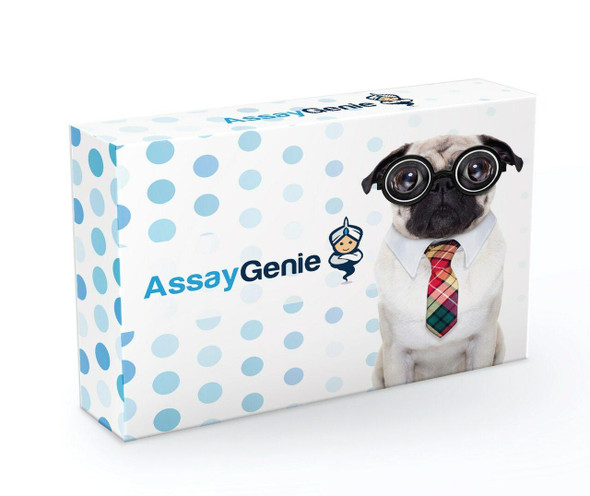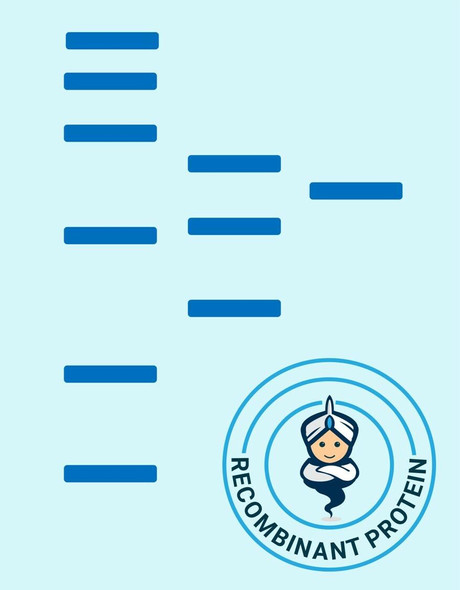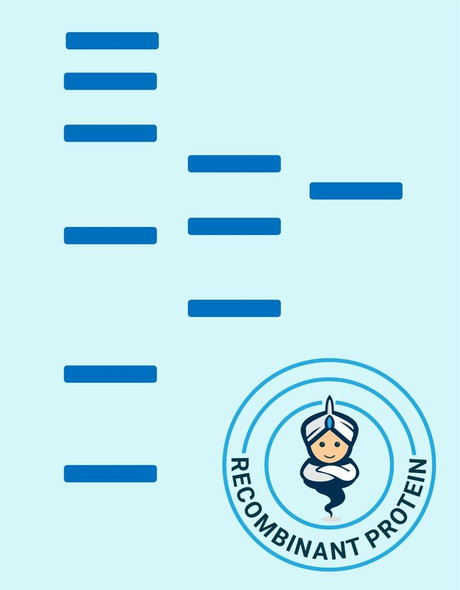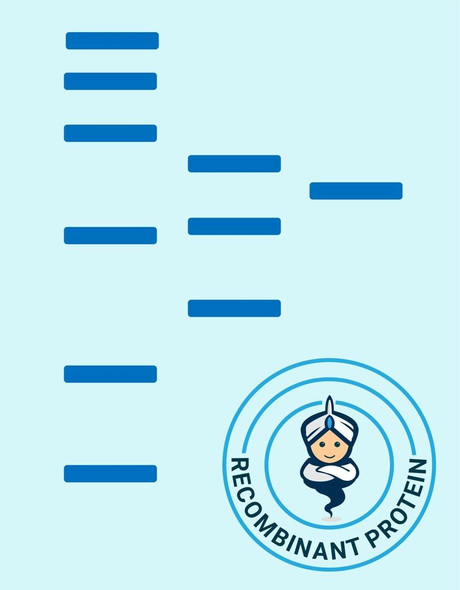HCV Core Monoclonal Antibody [NYRHepC] (CPAB0392)
- SKU:
- CPAB0392
- Product Type:
- Antibody
- Antibody Type:
- Monoclonal Antibody
- Reactivity:
- Virus
- Host Species:
- Mouse
- Isotype:
- IgG1
- Clone:
- NYRHepC
- Applications:
- IP
- WB
- ELISA
- IHC
Description
HCV Core Monoclonal Antibody [NYRHepC] (CPAB0392)
The HCV Core Antibody (CPAB0392) is a vital tool for researchers studying the Hepatitis C virus (HCV) core protein. This polyclonal antibody, generated in rabbits, exhibits high reactivity with the HCV core protein in human samples and has been validated for use in various applications, including Western blotting.The HCV core protein is a key component of the Hepatitis C virus, playing essential roles in viral replication, assembly, and pathogenesis. Research involving the HCV core protein is crucial for understanding the molecular mechanisms of HCV infection and developing effective antiviral strategies.
By targeting the HCV core protein, researchers can gain valuable insights into the biology of the Hepatitis C virus and potentially identify new therapeutic targets for combatting HCV infection. The HCV Core Antibody (CPAB0392) is a valuable tool for these studies, providing reliable detection and analysis of the HCV core protein in a variety of experimental settings.
| Product Name: | HCV Core Antibody |
| Product Sku: | CPAB0392 |
| Size: | 500μg |
| Host Species: | Mouse |
| Immunogen: | Recombinant HCV peptide Mix. |
| Clone: | NYRHepC. |
| Reactivity: | Viral |
| Applications: | Immuneprecipitation, Western Blot, ELISA, Immunohistochemistry |
| Purification Method: | |
| Isotype: | IgG1 |
| Background: | HCV is a small 50nm, enveloped, single-stranded, positive sense RNA virus in the family Flaviviridae. HCV has a high rate of replication with approximately one trillion particles produced each day in an infected individual. Due to lack of proofreading by the HCV RNA polymerase, the HCV has an exceptionally high mutation rate, a factor that may help it elude the host's immune response. Hepatitis C virus is classified into six genotypes (1-6) with several subtypes within each genotype. The preponderance and distribution of HCV genotypes varies globally. Genotype is clinically important in determining potential response to interferon-based therapy and the required duration of such therapy. Genotypes 1 and 4 are less responsive to interferon-based treatment than are the other genotypes (2, 3, 5 and 6). |
| Synonyms: | |
| Storage Buffer: |










